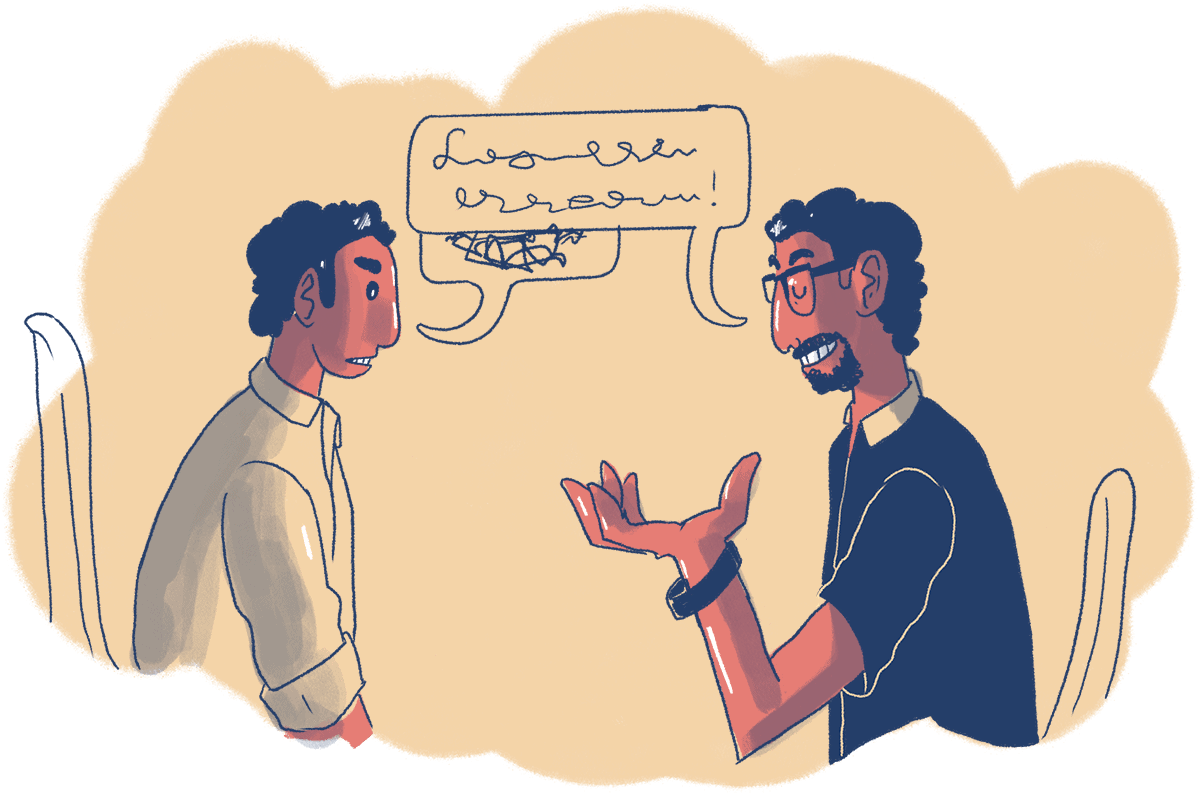
Finding Myself Through Therapy
Anonymous, 20 | ![]() Delhi, India
Delhi, India
The impact of the pandemic outbreak has not been equal for all people. It’s a person’s privilege as a whole which enables their survival and sanity in these difficult circumstances. As a closted, queer person from an oppressed caste and lower-middle-class, the pandemic has not been easy for me and my family. During the initial stages of the lockdown, I felt disconnected and lost seeing the changes happening around me. My father was on the verge of losing his job and this caused a lot of financial insecurity. Then, there was also the fact I could not go out, which caused more anxiety. I haven’t come out to my family yet, and being at college or work were the few places where I could embrace my queer identity.
These spaces also had their own challenges. As a first-generation learner, and a Dalit-Queer person, it’s tough to survive in educational institutions and workspaces. We are expected to not talk about our background in the name of ’merit’. Such ignorance and insensitivity were taking a toll on my mental health. Especially because I started to think that my identities made me less competent than my peers. Even before the pandemic started, I had accumulated trauma of social exclusion in college caused by caste, class, cultural and sexuality differences. Now, with the new anxieties of the pandemic, it stuck in my mind and I wanted to get rid of these. I thought of seeing a therapist for the first time as it was getting overwhelming for me to go through it all by myself. I had never reached out to a psychiatrist before because of various reasons such as unawareness and stigma, and high charges.I was scared of not being able to communicate my situation properly. I was sceptical as to how a therapist would understand me and guide me without having experienced what I had. Finally, I made up my mind to give it a shot. I found an affordable clinical psychiatrist and booked an online appointment during lockdown.
I don’t have a separate room, and we stay in a single living room. The lack of privacy and space were added barriers. During lockdown I did not want to take the session in anyone’s presence nor did I have the option of stepping out. But, I’d somehow managed to figure all that out and took the session. I poured out everything, and felt like I was talking to a friend who wouldn’t judge me and would give me ideal and unbiased suggestions. I shared with them what was bothering me and tried to give the full context of where I come from and who I am. Overall, it was an okayish experience, and worked out temporarily. While it helped me deal with my anxiety through research-based, clinical approaches, I felt something was missed.
My therapist was ‘upper caste’ and in all likelihood had rarely come across narratives similar to mine. Maybe because of this, they could not be affirmative and validate my struggle through a caste lens. Their focus was less on my caste and queer identity, and instead dragged the conversation to social structure. I started to share how I cursed my background and identity. These made me feel like I was less competent than other people from similar educational or work backgrounds. I explicitly expressed how my other problems and struggles are linked with my identities. To this my therapist said, “You don’t have to think about your identity to compete, everyone has equal capacity to achieve what they want no matter what you are”. I could not connect the dots with what I’d been told. They seemed to completely miss the point that while everyone can make an equal effort, the results are very different for people like me because the system is stacked against us.
Days passed, coping, waiting for the lockdown to get over or the pandemic to go away in general. I craved to have some personal safe space, not only virtually but physically too. As a closeted queer person, it’s difficult to navigate queerness within my family. I am close to my sister and we hear each other out, and sympathise with one another. I always believed in the Dalit sisterhood. I tried to create a dialogue around mental health with my sister and sometimes with my mother. I felt it was very important for them, as a Dalit women, to be aware of their mental health, especially during a pandemic.
After sharing my first experience with therapy with some close friends from the community, I came across a platform named “The Blue Dawn”. It basically connects people in need of mental health counseling with counselors who understand the intersection of mental health and caste, as well as issues faced by people from other minority communities in India. I tried their service out and it was one of the best experiences I’ve had talking with someone. They were very sensitive to caste and its intersections and were aware of common triggers of the community. They accepted that my trauma comes from a series of bitter past experiences that are linked with my multiple identities, including my sexuality. And asked me to embrace them, because I own them. They also made me realise my own achievements, and helped me move ahead while holding my identities affirmatively. It was a refreshing and energetic conversation.
I don’t know what caste they belong to nor did feel the need to know. These experiences of mine are never going to fade as I saw improvement in myself, and in my life during these quarantined times. Indeed I grew into a better version of myself..